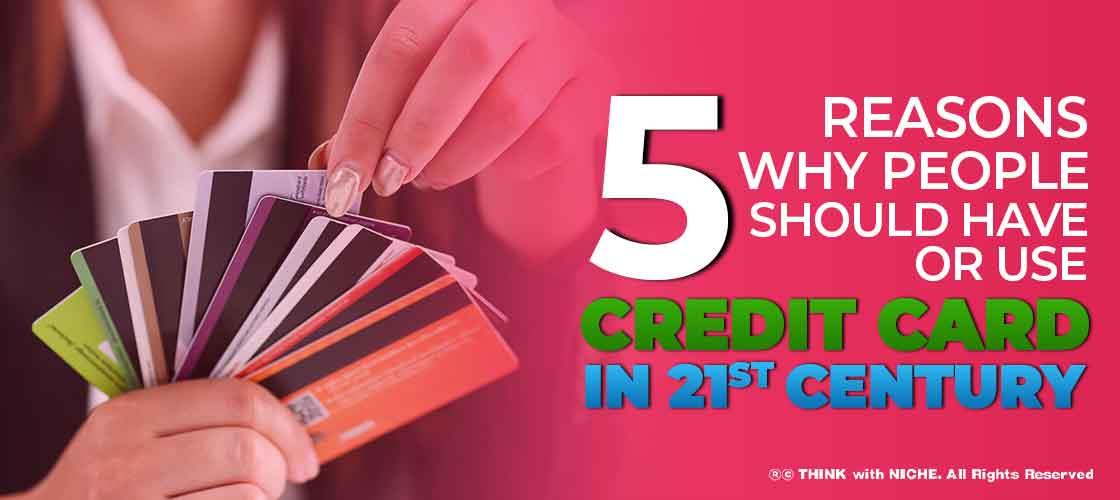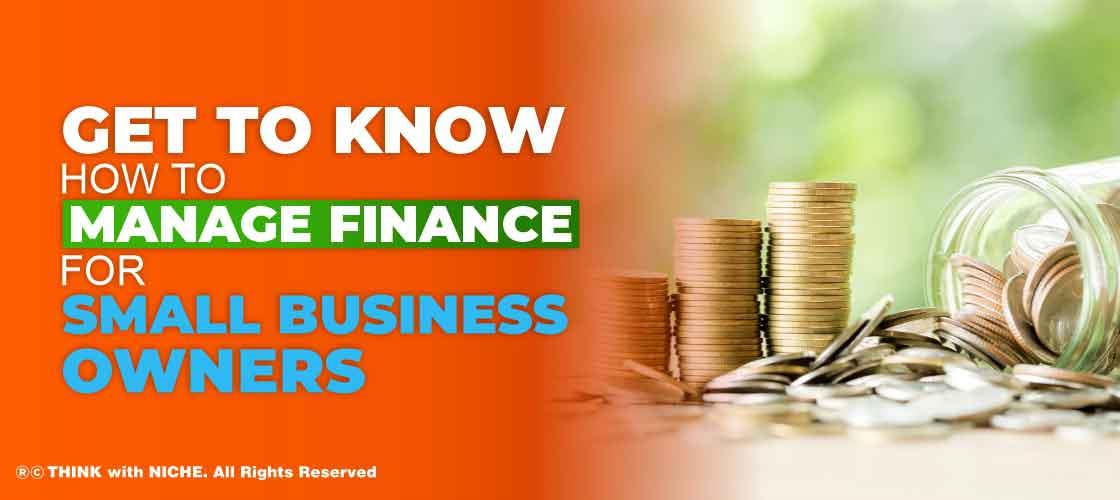Credit Card Explained: How Credit Cards Work in Everyday Life
Post Highlight
With so many different types of credit cards, how does a person know which one is best for them? With the growing popularity of credit card usage, there are more options than ever before. It’s not always easy to decide which card is best for you. To make a well-informed decision, it’s important to understand what credit cards are and how they work. This article will give you a detailed overview of the types of credit cards available, how they can help you and what the risks are. #TWN
Podcast
Continue Reading..
A credit card is an essential part of our everyday lives. These little pieces of plastic are used for everything from purchasing groceries to paying off your rent. However, with the many benefits that come with using it, there can also be some downsides. Credit cards can sometimes make it difficult to manage your finances as there's a very high chance you'll be overspending and not being able to pay off your debt. Here is a detailed look into how credit cards work in your everyday life.
What is a Credit Card?
A credit card is a plastic-coated piece of cardboard that functions as a debit card or bank card. The card can be used to buy and sell things, as well as withdraw cash from an ATM. It also functions as a debit card by transferring money from your bank account to the merchant's bank account. To get a credit card you need to apply and be approved for one. It involves filling out an application, giving them personal information (such as your address), providing proof of income, and proving your employment status. The company then sends you your new credit card in the mail. After receiving it, you can use it for purchases at stores that accept cards with the Visa or MasterCard logo on them (or both). If you don't have a MasterCard or Visa logo on your purchase, you are required to pay with cash or a check instead of using the card. You're not allowed to buy things online, however.
Different Types of Credit Cards
There are three different types of credit cards: credit card, charge card, and debit card.
Credit cards: Credit cards are the most common type of credit card because they have a revolving balance. They're also known as plastic or unsecured lines of credit. The interest rate that you pay on your debt is determined by your credit score and your credit history.
Charge cards: Charge cards have no interest rate, but they do have certain restrictions on how much you can spend within a month. However, the terms are flexible in the sense that they don't restrict what product you can purchase with it. For example, a charge card can be used to buy groceries or clothing as long as there's enough left to pay off your balance at the end of the month. Another benefit of charge cards is that if you lose or damage your card, you can get a temporary replacement for free just by contacting them through phone or email.
Debit Cards: Debit cards work similar to charge cards but without any interest rates and monthly spending limits like with a charge card. The only difference is that instead of using money from their checking account, debit users take out cash from an ATM or use cashback provided by their bank when making purchases with their debit card. There's also usually a higher limit for debit users compared to those who use charge cards because they're not charged interest on the money taken out from an ATM or cashback offered by their bank.
How Credit Cards Work
Credit cards are a convenient form of payment that is used to make purchases across the world. They allow consumers to spend money they earn and avoid paying with cash. Using a credit card can also save you time as you no longer have to stop by your bank or go to an ATM. When a person first receives their credit card, they usually receive two pieces of plastic, the plastic sleeve and the plastic card itself. The card has a magnetic strip on its back where consumers input their identification number (PIN). The PIN is like a password that would need to be entered before any purchases can be made. It allows the person spending the money to keep track of how much they have spent and what it was for.
How do I use my credit card?
First, you need to apply for one. You can typically do this by visiting a credit union or bank. Next, you'll receive your credit card and set up an account. This account will include your credit card number, expiration date, and CVV code (a 3 digit security code found on the back of most cards). There are some steps that you'll need to take when using your credit card to protect yourself against fraud. For example, you're required to monitor your daily spending and make sure that it doesn't exceed what you have available in your checking or savings account. When you get a new card, it will be automatically added to your account without any additional action from you.
What's the point of having a credit card?
The point of having a credit card is to make purchases without having to spend money on cash. People who use credit cards can keep track of their spending and see how much they would've spent if they were using cash. You can also pay for goods with your credit card that you may not otherwise be able to afford. Every day, there are numerous benefits to using a credit card, but the downside is it's easy to overspend when you're using one.
The risk of using credit cards in everyday life
There is a risk of overspending when using credit cards, which can make it difficult to manage your finances. It is because the interest rates on these cards are very high, meaning that you have to pay back more than you take out. For example, if your credit card charges an APR of 29 percent, and you spend $5,000 in only one month, then that month will cost you $1,935 in interest. If you want to avoid being in debt and not having to worry about dealing with credit card debt every day, then look into getting a secured credit card. The main benefit of this type of card is that it requires collateral before they can lend you money (i.e., put a lien on something of yours). Secured cards typically charge lower interest rates than regular ones. With low-interest rates comes the ability for consumers to pay off loans faster than they would otherwise be able to without a secured card.
If you enjoyed reading this article, we have two more for you. Click on the link below to explore!

5 Reasons Why People Should Have Or Use Credit Card In 21st Century
